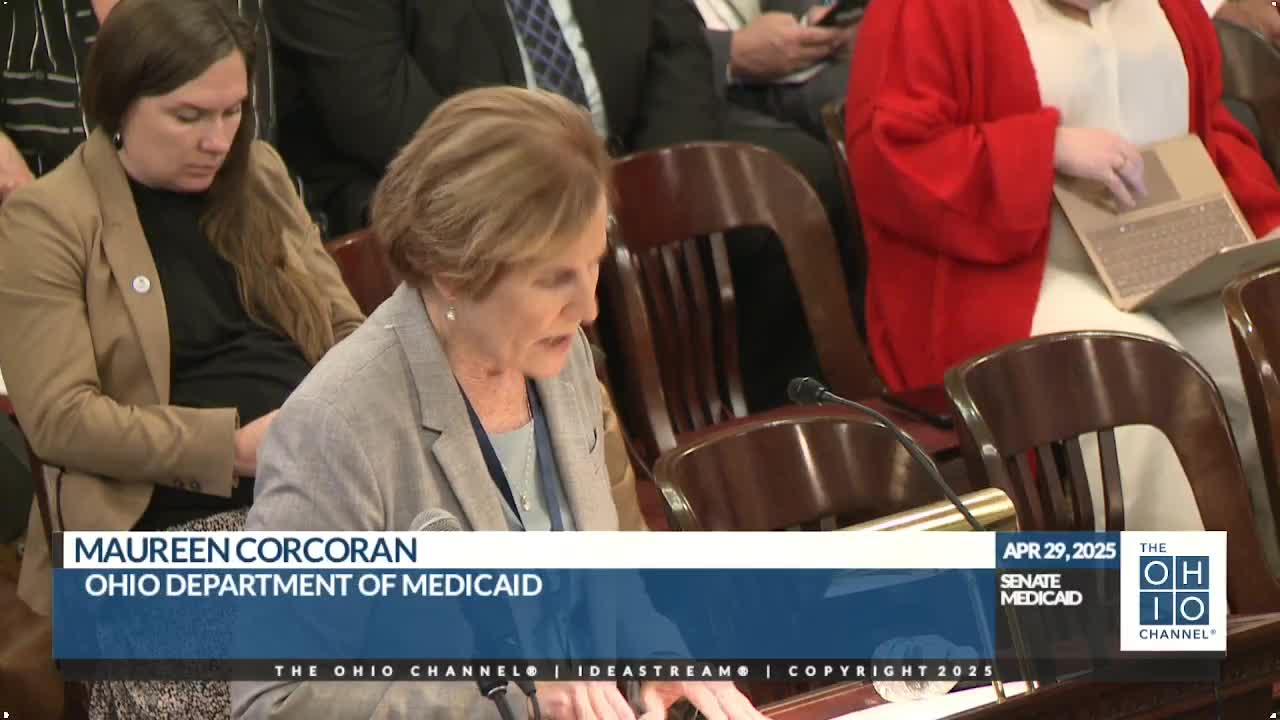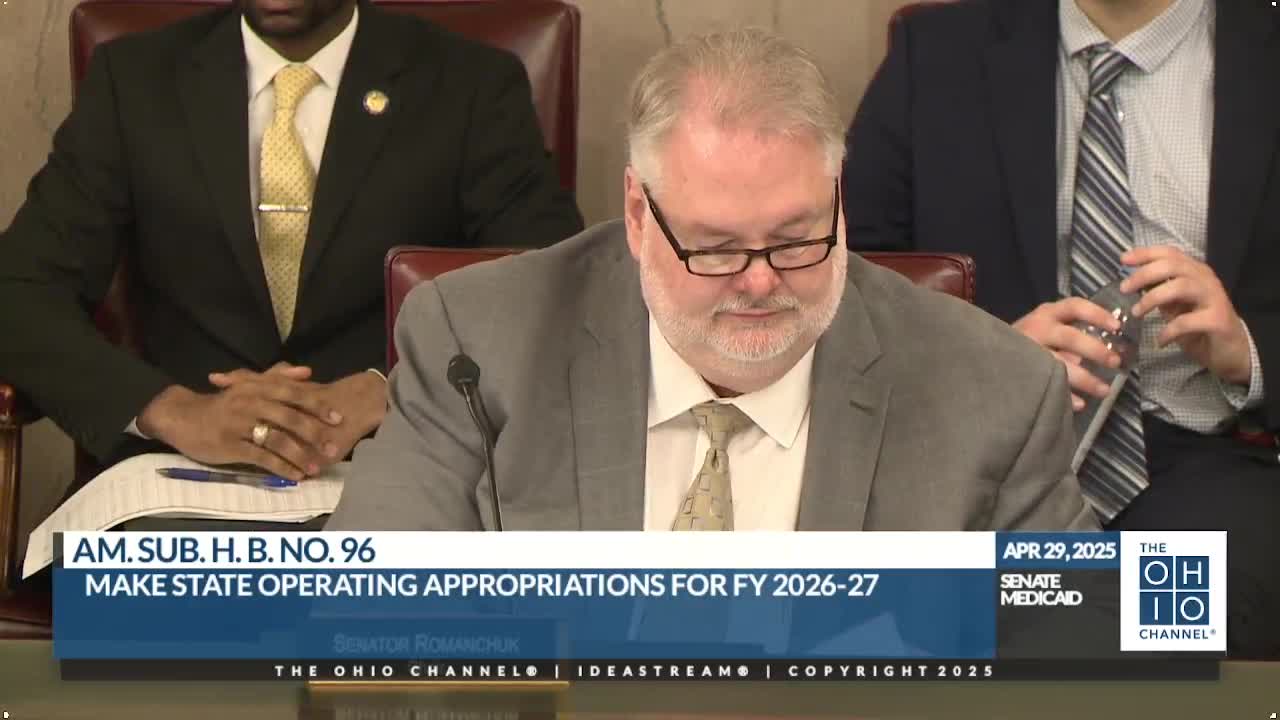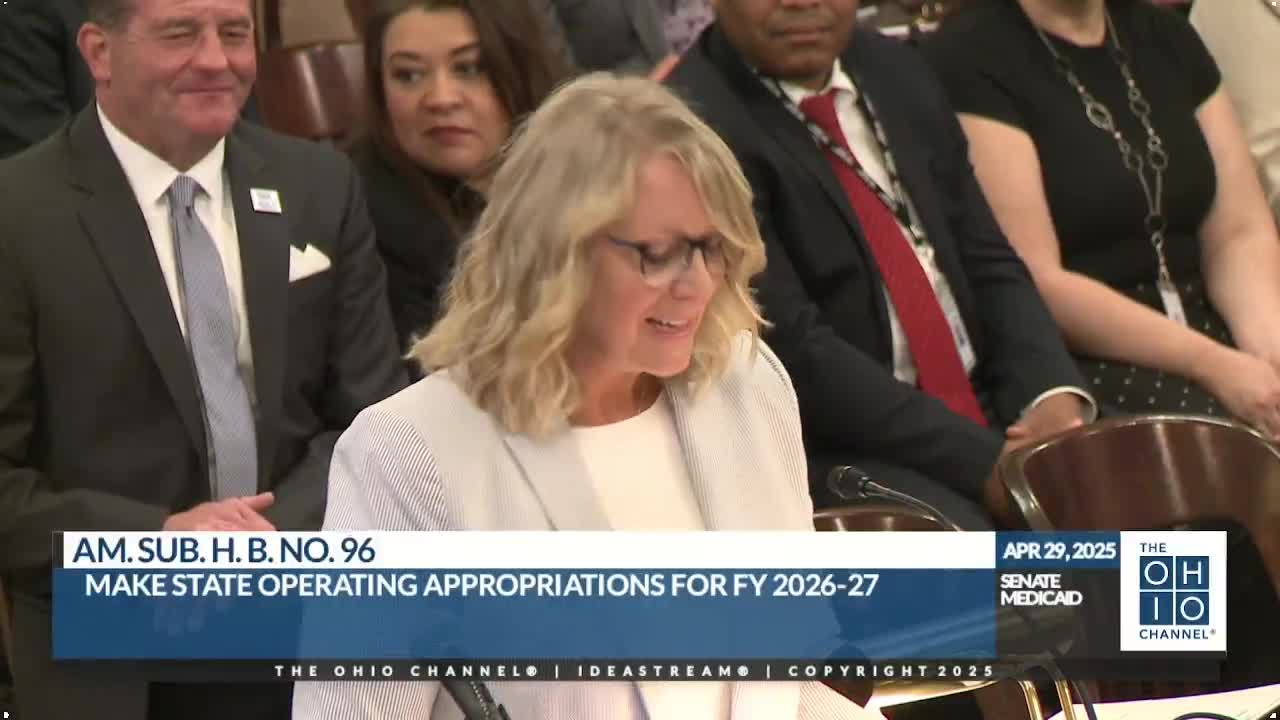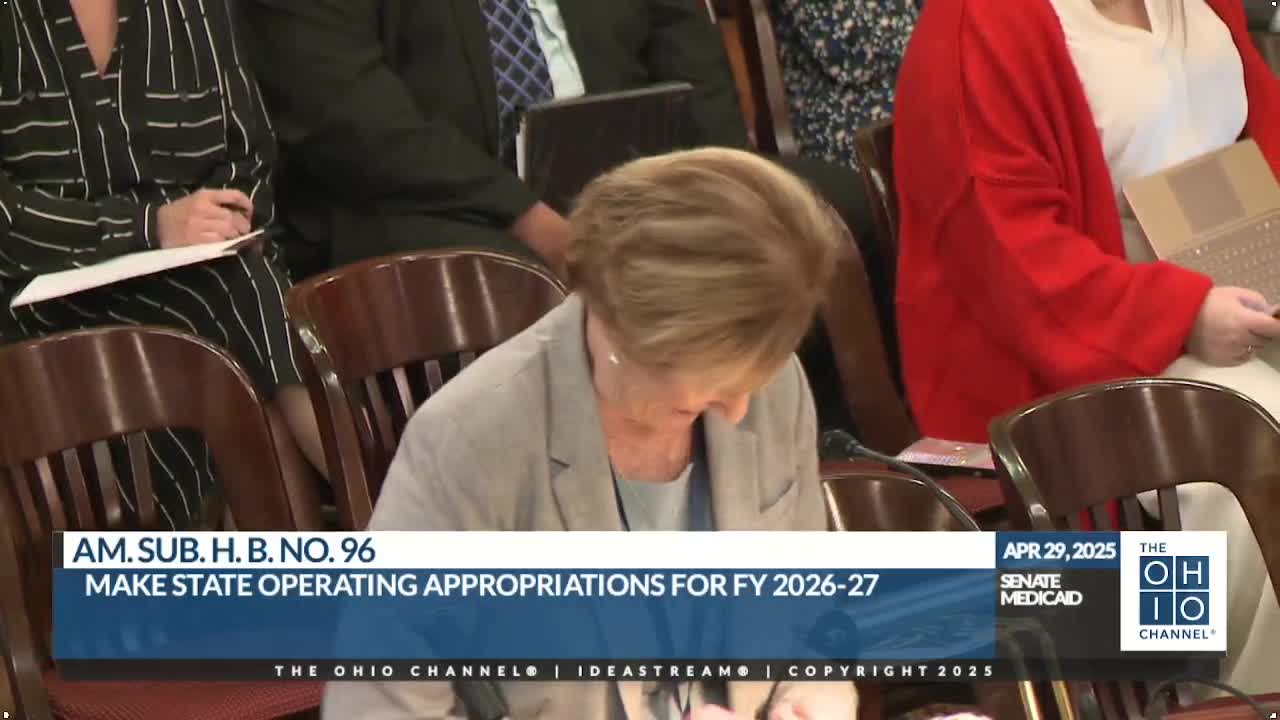Article not found
This article is no longer available. But don't worry—we've gathered other articles that discuss the same topic.

Ohio Medicaid hospital financing package would expand hospital fees, tighten 340B eligibility

Opportunities for Ohioans with Disabilities highlights employment gains, college-to-careers expansion

Department of Developmental Disabilities seeks to sustain DSP wage gains, expand technology and crisis supports

